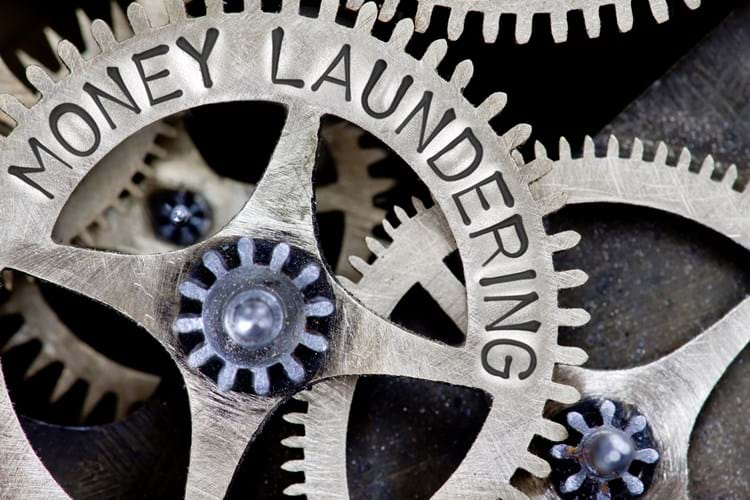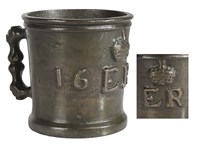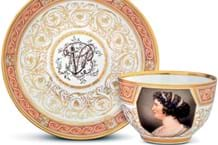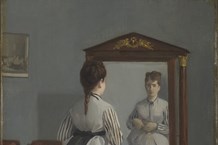
The anti-money laundering rules, applying the Fifth Money Laundering Directive (known as 5MLD) took effect on January 10, 2020.
Image: Shutterstock
AMPs are auction houses, dealers or anyone trading in or acting as an intermediary in the trade of ‘works of art’ that sell for above the €10,000 threshold.
The term ‘Works of Art’ is defined in the regulation as the same as the VAT definition: broadly paintings, drawings, limited edition prints and sculptures, tapestries, signed photographs and ceramics, and excluding categories such as furniture, unsigned ceramics, jewellery and collectors’ items such as coins, medals and stamps.
Trade associations
There are many ways to seek advice on the anti-money laundering rules including by being a member of one of the main trade associations.
The Association of Art & Antiques Dealers (LAPADA), The British Antique Dealers’ Association (BADA) and The Society of London Art Dealers (SLAD), representing more than 700 dealers, are working with Rakhi Talwar, an independent Anti-Money Laundering consultant, on a series of initiatives.
The latest training is a series of short films by Talwar for members to use for staff AML training.
There is also a wide range of other consultants who can be hired to advise on anti-money laundering rules for the art market.
Have you been able to contact HMRC if an error has occurred or you need further clarification on a situation? You can you share your experiences of dealing with HMRC by writing to us (editorial@antiquestradegazette.com)














